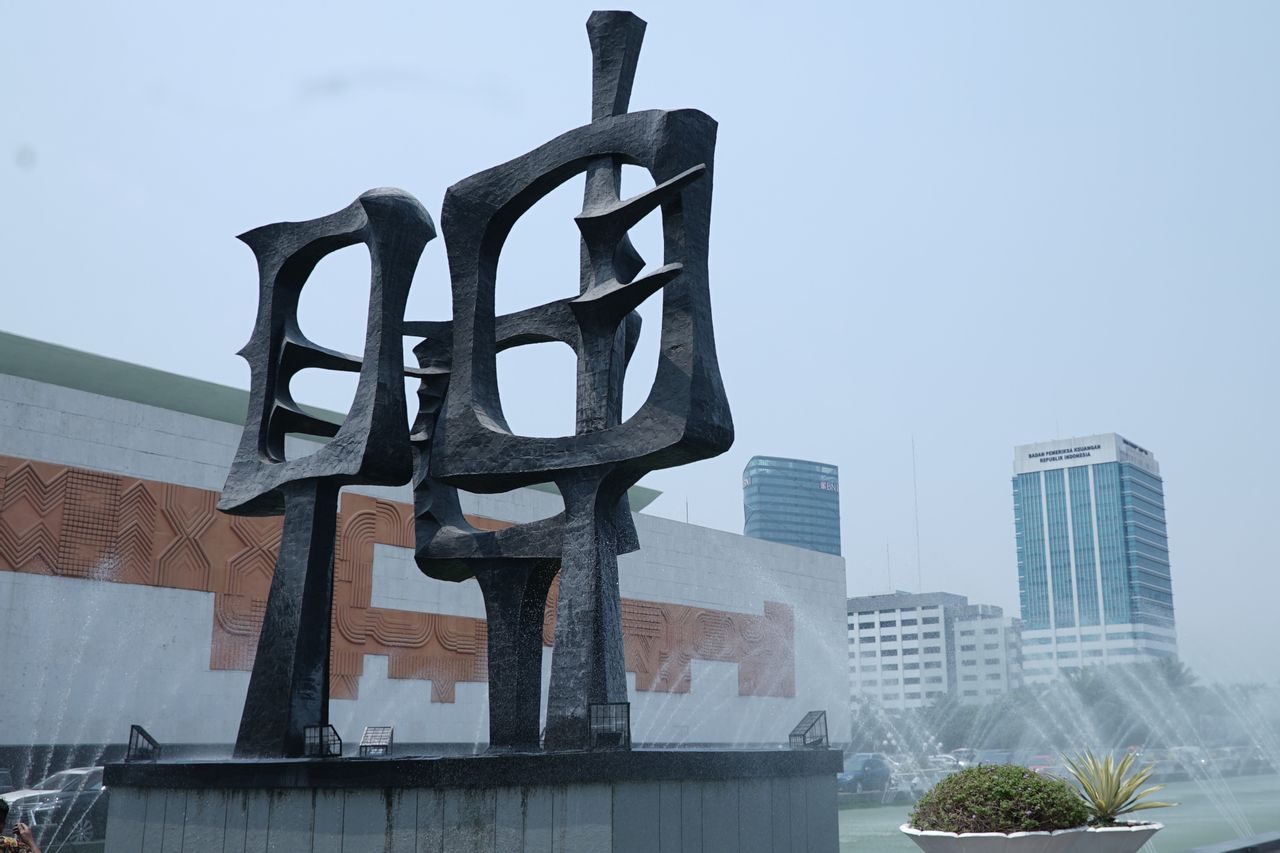Jokowi Must Accept The Length Of Submitting The Cilaka Bill To The DPR

JAKARTA - President Joko Widodo (Jokowi) has instructed that the omnibus law for employment and taxation be completed within a hundred days. However, the president must accept the fact that the omnibus law is far from starting. Until now, the draft law (RUU) has not been submitted to the DPR.
Chairman of the House of Representatives (DPR) Puan Maharani emphasized that until now his party had not yet received the omnibus law draft for employment or taxation.
"So I also appeal to the public, until today until the omnibus law draft is submitted, no official draft has yet been received by the DPR," he said at the DPR Building, Parliament Complex, Senayan, Jakarta, Wednesday, January 29.
Discussions on the omnibus law can only begin, said Puan, if the final draft of the bill has been submitted to the DPR. Then, the leadership will follow up through a leadership meeting (rapim) to decide what the discussion mechanism will be.
"After the Chairperson of the DPR accepts it will be finalized, or later there will be a Bamus, or a consultation meeting with the faction leaders, if it is agreed upon then we will enter (to) the plenary session and so on. That is what is then conveyed by the process at the DPR. like that, "he said.

Puan previously held a meeting with Coordinating Minister for the Economy Airlangga Hartarto and Minister of Law and Human Rights Yasonna Laoly. However, the arrival of the two Jokowi ministers was not to submit the draft law. Instead, they only equate the perceptions between the government and the parliament regarding the omnibus law.
As is well known, of the two priority omnibus laws, job creation creates a lot of controversy. Starting from the workers, MSMEs to the business world.
On January 20, thousands of workers from various organizations held a demonstration at the DPR to reject the Omnibus Law Bill on Job Creation. The President of the Confederation of Indonesian Workers Unions (KSPI), Said Iqbal, stated that there is a concern that the omnibus law will harm the workers.
There are six reasons why workers reject the omnibus law. First, eliminating the minimum wage, secondly eliminating severance pay, and thirdly, freeing contract labor and outsourcing. Fourth, the omnibus law will facilitate the entry of foreign workers. Fifth, eliminating social security, and finally eliminating criminal sanctions for entrepreneurs.
Said said that as a laborer, his party agreed with the government's principles to increase investment. However, if investment actually lowers welfare and sacrifices the future of workers, of course the government must cancel this regulation.
Criticism to the Palace
Presidential Spokesperson Fadjroel Rachman claimed to accommodate input from various groups related to the Omnibus Law Bill on Job Creation.
Fadjroel explained that all criticisms would be accommodated, starting from workers and employers, especially when discussions were held openly at the DPR.
"The criticism has now been well received from workers, from employers. Everything is there. Everything comes in and the most important criticism will be right at the DPR. The DPR represents all political parties, representing all parties later the community can go in there. This means that later discussion will be held in the DPR. DPR, "said Fadjroel, Wednesday, January 29, as reported by Tirto.
Fadjroel is optimistic that the legislature and executive will complete the Omnibus Law according to the target. The Omnibus law will revise 1,244 articles in 79 laws covering eleven clusters.
The eleventh includes simplification of licensing; investment requirements; employment, convenience, empowerment and protection of MSMEs; ease of doing business; research and innovation support; government administration; imposition of sanctions; the land acquisition; government investment and projects; economic area, be it industrial area.
